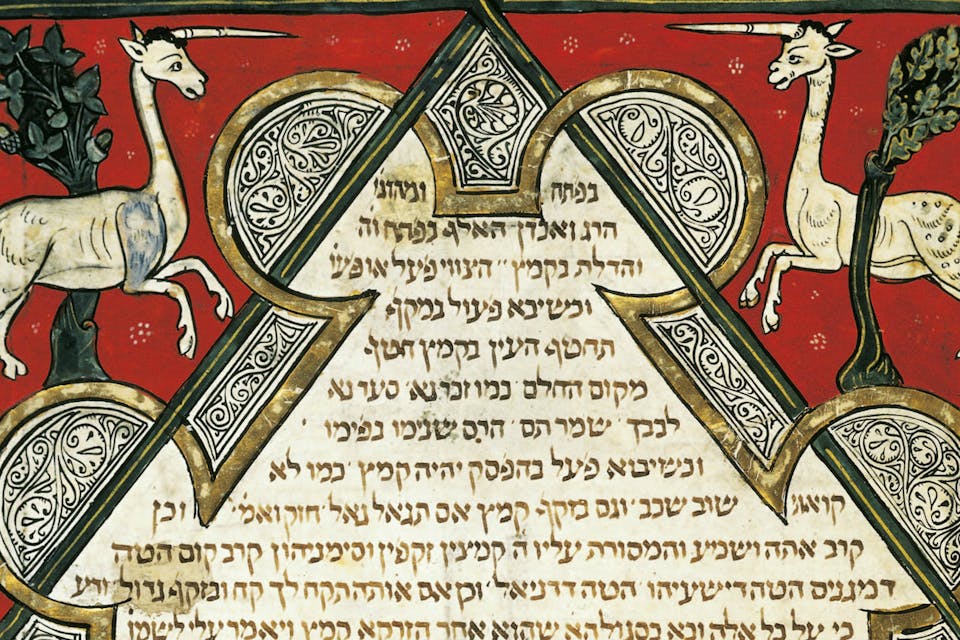
January 9, 2017
The Chasm That Separates Modern Readers from the World of the Biblical Text
Reading and interpreting the Bible from within the fishbowl of our own cultural assumptions, we fail to understand it on its own terms.
In “Is the Torah a Work of Philosophy?,” Jon Levenson reminds us of the wide but often invisible chasm that separates modern readers from the world of the biblical text. Conceptual categories that we take as self-evident and useful in describing and interpreting what we find in the Bible turn out to be fraught with anachronism. Unwittingly, we interpret the Bible from within the fishbowl of our own modern cultural assumptions, and thereby fail to understand Scripture on its own terms.
Consider this seemingly self-evident proposition: “The Bible portrays the religion of Israel through law, narrative, beliefs, and history.” In fact, a person living in ancient Israel would have found this proposition unintelligible. Biblical Hebrew knows no word for religion or, for that matter, for law, narrative, beliefs, or history. Each of these terms is a thoroughly modern construct. We think of law, for example, as statutes carefully worded in a codified text. But as I have demonstrated previously in Mosaic, this is a way of thinking about law that largely takes hold only in the late 19th century—and that skews our perception of the Jewish legal tradition as found in the Bible and in rabbinic writings. The obverse is true as well; sometimes, as Levenson points out, biblical concepts themselves, such as k’dushah (“holiness”), prove difficult to translate into modern categories.
The challenge is to bridge the conceptual chasm between our world and the world of the Bible while respecting the integrity of that world, often so far removed from our own. Few in our generation have proved such able architects of that bridge as has Jon Levenson over a lifetime of writings. In his Mosaic essay, which is principally devoted to examining a recent book by Kenneth Seeskin, Thinking about the Torah, Levenson zeroes in on the term philosophy and the missteps we are likely to make when assessing the biblical tradition through that particular interpretive lens. Here I would like to flesh out some of the points he raises in the process.
Responses to January ’s Essay
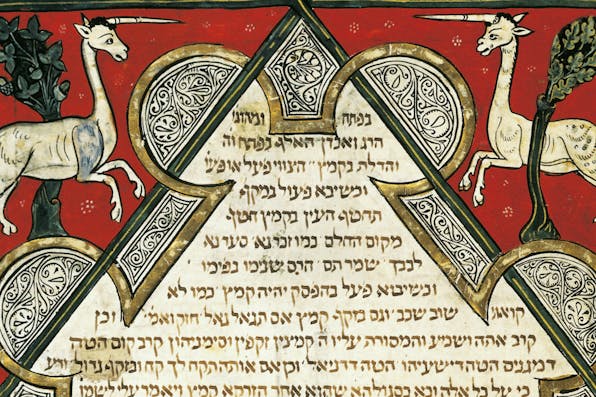
January 2017
The Chasm That Separates Modern Readers from the World of the Biblical Text
By Joshua Berman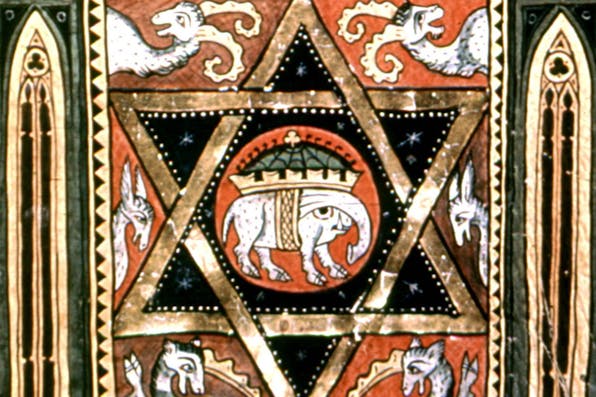
January 2017
Does the Bible Contradict Itself? Very Well Then, It Contradicts Itself
By R. R. Reno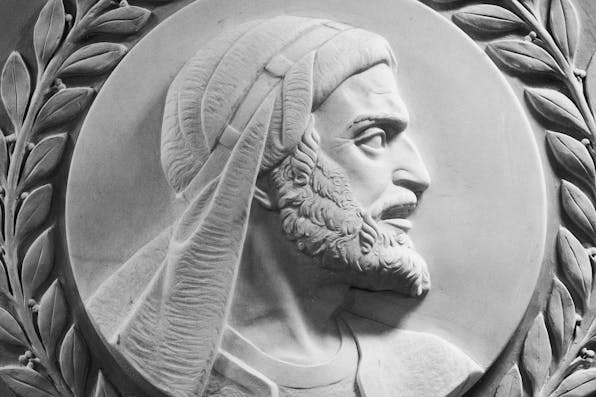
January 2017
The Difference between a Biblical Scholar and a Philosopher
By James A. Diamond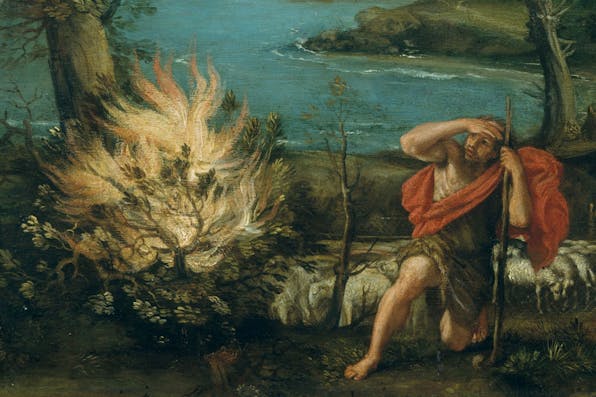
January 2017
The Inescapable Personhood of God
By Jon D. Levenson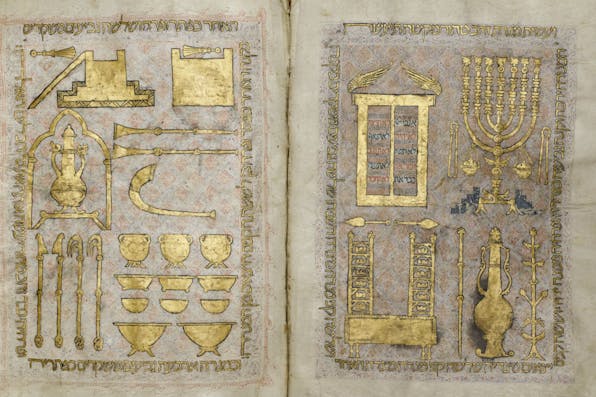
January 2017
“Is the Torah a Work of Philosophy?” An Exchange
By Kenneth R. Seeskin, Jon D. Levenson